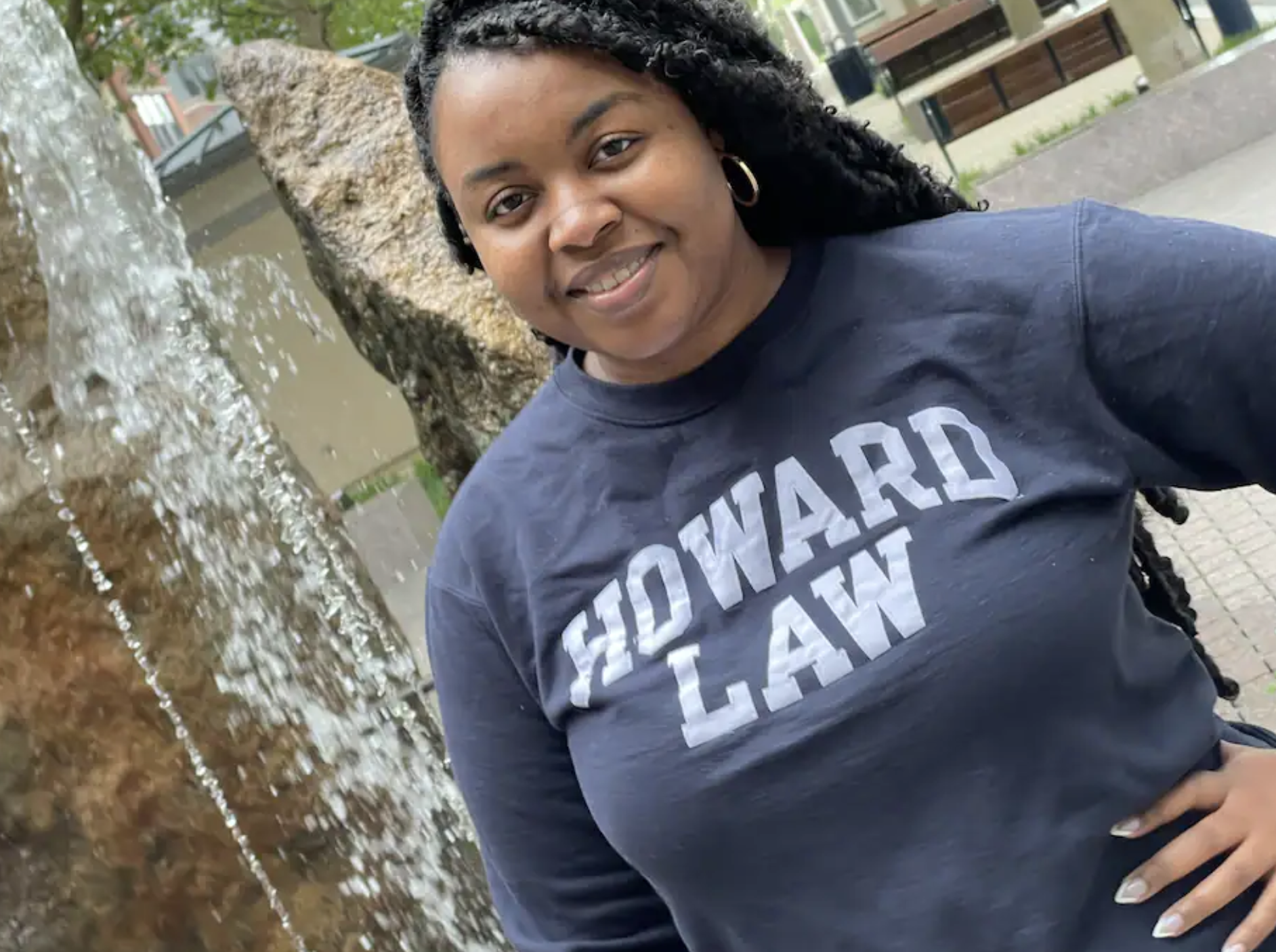Buckner, the D.C. police officer, had accompanied Peaceoholics co-founders Ron Moten and Jahar Abraham on the civil rights tour with the students. They let Hawkins know that their support for her would not waver, whether she was in school or out.
“I would tell her all the time, ‘You are a survivor. You can overcome any obstacle,’ ” Buckner said.
When Hawkins graduated from Benedict College, Buckner rented a limousine and, acting as a father figure, took her to a Ballou High prom — a makeup for the one she’d missed after being expelled.
With her degree from Benedict, Hawkins got a job as a legal assistant at the D.C. Superior Court. There her hard work caught the attention of Sherri Beatty-Arthur, then an administrative judge on her way to becoming a magistrate judge. Beatty-Arthur learned that Hawkins had considered going to law school but had let self-doubt stand in the way.
Source: The Washington Post, May 11, 2021.




